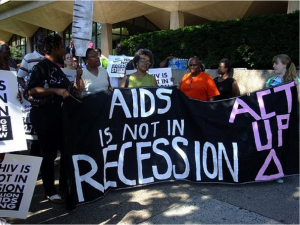The relationship with her father that Alison Bechdel reveals in this memoir is extremely convoluted. His death by questionable suicide only exasperates her futile attempts to comprehend all of his complexities. About his death she admits, “When I try to project what Dad’s life might have been like if he didn’t die in 1980, I don’t get very far. If he’d lived into those early years of AIDS, I tell myself, I might very well have lost him anyway, and in a more painful, protracted fashion” (195). This passage is extremely telling because it reveals a common pattern of thoughts shared by individuals who have lost a close friend or family member to suicide. In just two short sentences she has clarified so many of the unresolved feelings toward her father that circulate through this story. By admitting that she couldn’t imagine her father living past when he died, and by thinking up other ways for him to have lost his life, Alison is expressing an indirect form of acceptance over her father’s decision to take his own life.
This is a powerful sentiment that provides a lot of clarity to a very intricate dynamic. In this confession, Bechdel is realizing that her father was not able to reveal his true identity as a “closeted fag…in this small minded small town” (125), and she accepts his decision to escape it. Alison doesn’t have any proof that her father’s death was a suicide, but I believe she wants it to be. She wants to know that if nothing else, he had autonomy in at least one thing in his life. His identity may have been stolen by a society that could not embrace queerness, and his self-worth may have been diminished by institutionally impure thoughts of homosexual desire, but his death was his own. Suicide is the only way Alison is able to come to terms with losing her father; anything else would have been just another travesty to further strip him from any opportunity at sovereignty. To Alison, suicide was her father’s best chance of escaping an undesirable lifestyle on his own accord. It was this interpretation of his death that helped her relinquish the fear of exploring her own queer identity.
